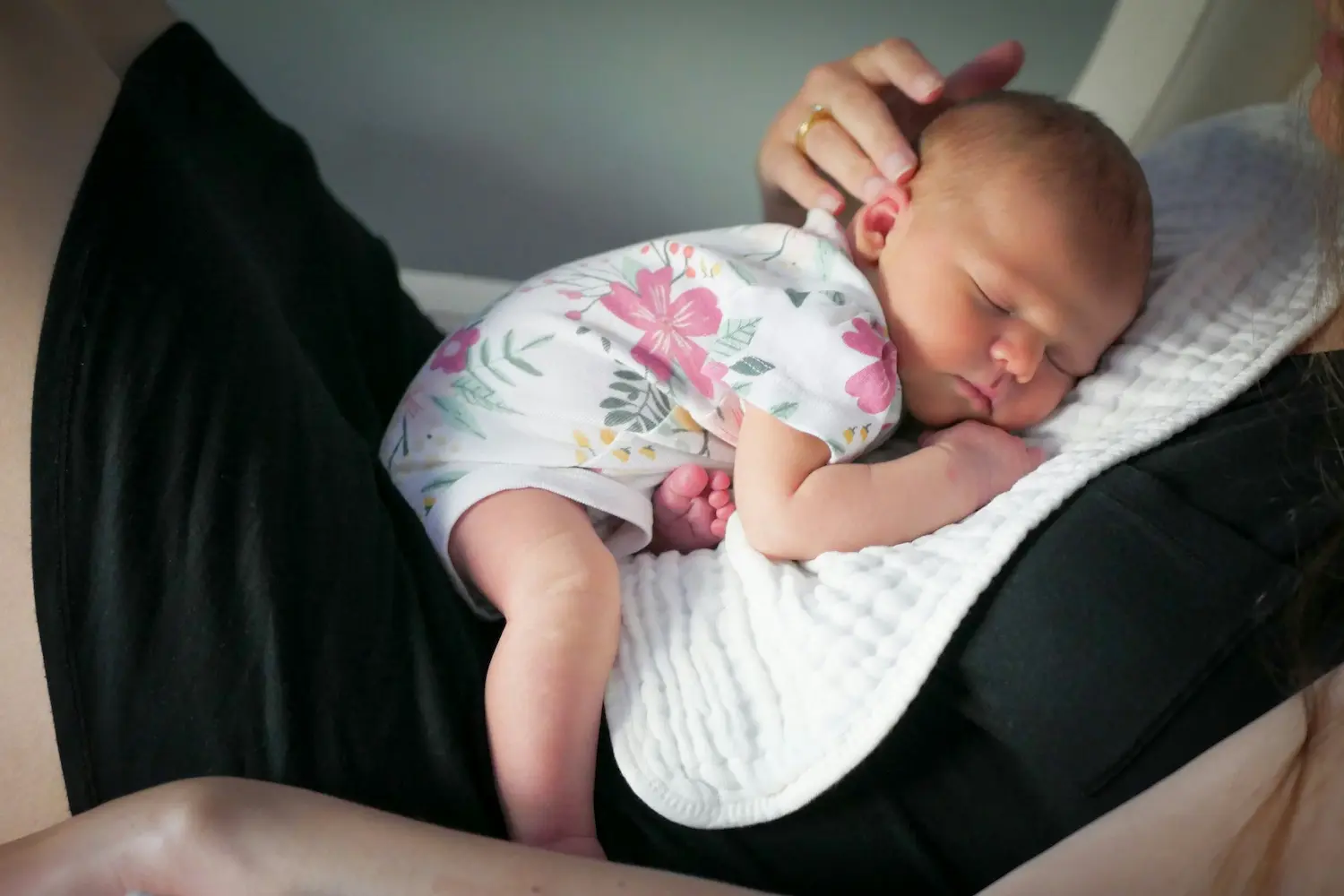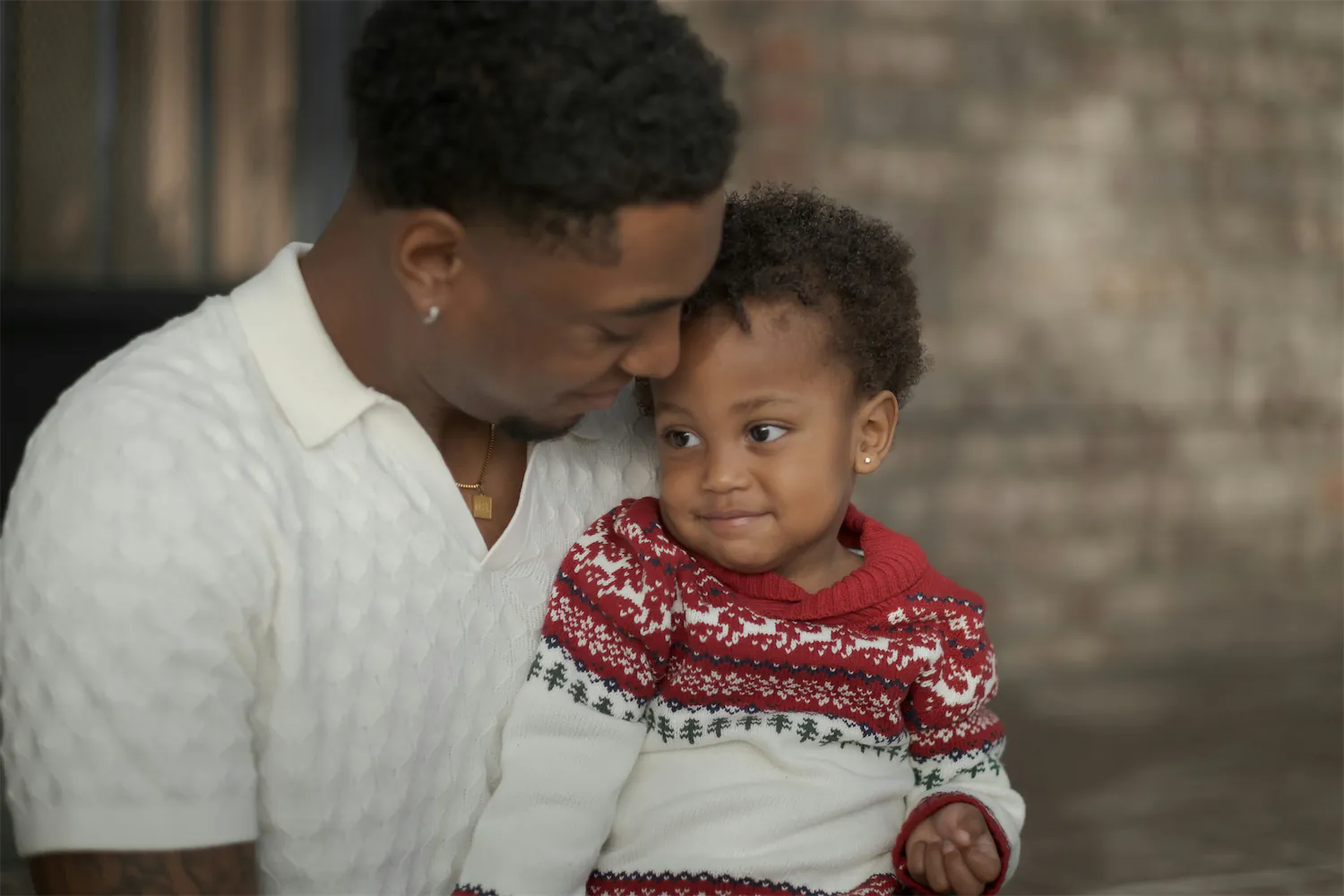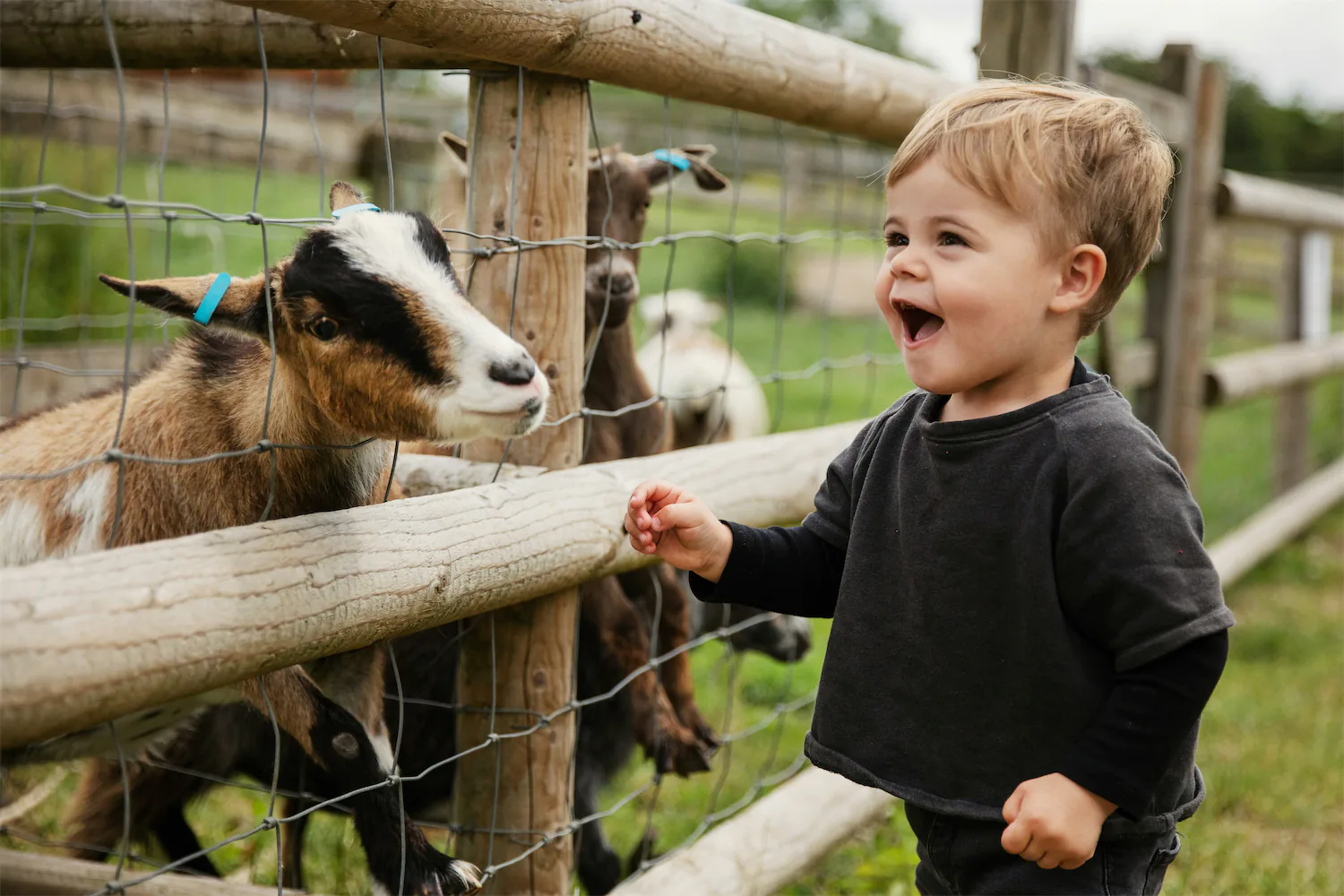Safe sleep for babies: Side sleeping and rolling
Safe sleep for babies: Side sleeping and rolling
Understanding safe baby sleep positions, sleeping on side, and rolling
Understanding safe baby sleep positions, sleeping on side, and rolling

Dahlia Rimmon, RDN
Content Writer

Jess Ellsworth
Certified Sleep Consultant



Safe sleep
Always put your newborn baby to sleep on its back. Placing it on its stomach or side increases the risk of suffocation and Sudden Infant Death Syndrome (SIDS). Some parents are concerned about the risk of choking when their baby sleeps on its back. However, a baby's airway anatomy and gag reflex are designed to prevent choking.
Here are a few additional tips to ensure your baby sleeps safely:
Cribs and bassinets should have firm, flat surfaces.
Do not place toys, stuffed animals, pillows, or bedding inside the crib or bassinet.
Sheets should fit snugly on the crib or bassinet mattress.
Do not co-sleep or share the same bed as your baby. Bed sharing includes sleeping with your baby in a baby pod, cushioned mat, or Dock-A-Tot. These products should not be used for sleep.
The AAP suggests room sharing with your baby, ideally for the first six months, because it significantly reduces the risk of SIDS.
Use a CPSC-certified crib to ensure a safe sleeping environment for your baby. Never use cribs that have been recalled, have broken pieces or parts, or are missing hardware.
If your baby is willing to take a pacifier, try offering it during naptime and at bedtime. While the exact reasons are not fully understood, pacifiers have been shown to potentially reduce the risk of SIDS.
Sleeping on side
Back sleeping is the safest position for babies, but some infants may naturally curl up into a fetal position, leading to side sleep. If this happens to your newborn, there’s no need to reposition them, unless they inadvertently end up on their stomach. Once your baby begins to roll onto their stomach but cannot yet roll back to their back, reposition them to their back. When your baby can roll in both directions, usually around the 4-month mark, there’s no need to reposition them.
Consider a baby video monitor if you’re worried about your baby’s position. Baby monitors can give you peace of mind that your baby is in a safe sleeping position. Some monitors can even provide auditory alerts when your baby’s movement or position changes while they sleep.
If you wake up in the middle of the night and notice they've shifted to their side, gently place them on their back. Once your baby turns one, you can safely allow them to sleep on their side.
Here are two strategies to prevent side sleeping:
Use a swaddle: Swaddling your baby for sleep keeps their arms tucked in and maintains a cozy position similar to what they experienced in the womb.
Practice and consistency: Continually placing your baby on their back for sleep will help them become more comfortable in that position.
Rolling
Most babies begin rolling onto their side or stomach between 3 and 5 months old, so adjusting their sleeping arrangements is important. Once your baby begins to roll, discontinue swaddling and use a sleep sack instead. This allows them to freely use their hands and arms to lift their head if they roll onto their side or stomach during sleep. Once your baby can roll in both directions, if they roll onto their stomach while sleeping, there’s less need for concern. As a precaution, until they are 12 months old, always continue putting them to sleep on their back.
Safety tips for rolling
Here are some additional safety tips for when your baby starts to roll:
Keep a hand on your baby during diaper changes. Babies who roll can be squirmy as they practice this new skill.
Keep play mats and play gyms away from sharp corners or stairs. This prevents your baby from accidentally rolling into a dangerous area.
Babyproof your home. Even though they can't crawl yet, babies who roll are mobile.
FAQs: Baby sleep positions
Is it normal for a newborn to roll on their side?
Yes, some babies will curl up into a fetal position, which can lead them to sleep on their side.
When does the risk of sudden infant death syndrome decrease?
Babies are at the highest risk for SIDS between 1 and 4 months of age, with more than 90% of all SIDS deaths occurring before 6 months. While babies remain at risk for SIDS for up to 1 year, the risk significantly decreases after 6 months.
What’s the best way to help my baby roll?
The best way to encourage your baby to roll is to practice tummy time. Providing many opportunities for daily tummy time will strengthen the core, back, shoulder, and neck muscles needed for rolling.
If you have questions or concerns about your baby’s sleep or developmental milestones, the Summer Health team of pediatricians can provide 1:1 individualized guidance and support.
Safe sleep
Always put your newborn baby to sleep on its back. Placing it on its stomach or side increases the risk of suffocation and Sudden Infant Death Syndrome (SIDS). Some parents are concerned about the risk of choking when their baby sleeps on its back. However, a baby's airway anatomy and gag reflex are designed to prevent choking.
Here are a few additional tips to ensure your baby sleeps safely:
Cribs and bassinets should have firm, flat surfaces.
Do not place toys, stuffed animals, pillows, or bedding inside the crib or bassinet.
Sheets should fit snugly on the crib or bassinet mattress.
Do not co-sleep or share the same bed as your baby. Bed sharing includes sleeping with your baby in a baby pod, cushioned mat, or Dock-A-Tot. These products should not be used for sleep.
The AAP suggests room sharing with your baby, ideally for the first six months, because it significantly reduces the risk of SIDS.
Use a CPSC-certified crib to ensure a safe sleeping environment for your baby. Never use cribs that have been recalled, have broken pieces or parts, or are missing hardware.
If your baby is willing to take a pacifier, try offering it during naptime and at bedtime. While the exact reasons are not fully understood, pacifiers have been shown to potentially reduce the risk of SIDS.
Sleeping on side
Back sleeping is the safest position for babies, but some infants may naturally curl up into a fetal position, leading to side sleep. If this happens to your newborn, there’s no need to reposition them, unless they inadvertently end up on their stomach. Once your baby begins to roll onto their stomach but cannot yet roll back to their back, reposition them to their back. When your baby can roll in both directions, usually around the 4-month mark, there’s no need to reposition them.
Consider a baby video monitor if you’re worried about your baby’s position. Baby monitors can give you peace of mind that your baby is in a safe sleeping position. Some monitors can even provide auditory alerts when your baby’s movement or position changes while they sleep.
If you wake up in the middle of the night and notice they've shifted to their side, gently place them on their back. Once your baby turns one, you can safely allow them to sleep on their side.
Here are two strategies to prevent side sleeping:
Use a swaddle: Swaddling your baby for sleep keeps their arms tucked in and maintains a cozy position similar to what they experienced in the womb.
Practice and consistency: Continually placing your baby on their back for sleep will help them become more comfortable in that position.
Rolling
Most babies begin rolling onto their side or stomach between 3 and 5 months old, so adjusting their sleeping arrangements is important. Once your baby begins to roll, discontinue swaddling and use a sleep sack instead. This allows them to freely use their hands and arms to lift their head if they roll onto their side or stomach during sleep. Once your baby can roll in both directions, if they roll onto their stomach while sleeping, there’s less need for concern. As a precaution, until they are 12 months old, always continue putting them to sleep on their back.
Safety tips for rolling
Here are some additional safety tips for when your baby starts to roll:
Keep a hand on your baby during diaper changes. Babies who roll can be squirmy as they practice this new skill.
Keep play mats and play gyms away from sharp corners or stairs. This prevents your baby from accidentally rolling into a dangerous area.
Babyproof your home. Even though they can't crawl yet, babies who roll are mobile.
FAQs: Baby sleep positions
Is it normal for a newborn to roll on their side?
Yes, some babies will curl up into a fetal position, which can lead them to sleep on their side.
When does the risk of sudden infant death syndrome decrease?
Babies are at the highest risk for SIDS between 1 and 4 months of age, with more than 90% of all SIDS deaths occurring before 6 months. While babies remain at risk for SIDS for up to 1 year, the risk significantly decreases after 6 months.
What’s the best way to help my baby roll?
The best way to encourage your baby to roll is to practice tummy time. Providing many opportunities for daily tummy time will strengthen the core, back, shoulder, and neck muscles needed for rolling.
If you have questions or concerns about your baby’s sleep or developmental milestones, the Summer Health team of pediatricians can provide 1:1 individualized guidance and support.
References
Summer Health offers fast and reliable pediatric urgent care through online doctors, all via text. Whether you’re worried about your baby's fever, rashes, or other children's health concerns, we provide expert advice and support anytime, right from your phone.

Never miss a post!
Sign up for our newsletter to receive articles and guides directly to your inbox!
















